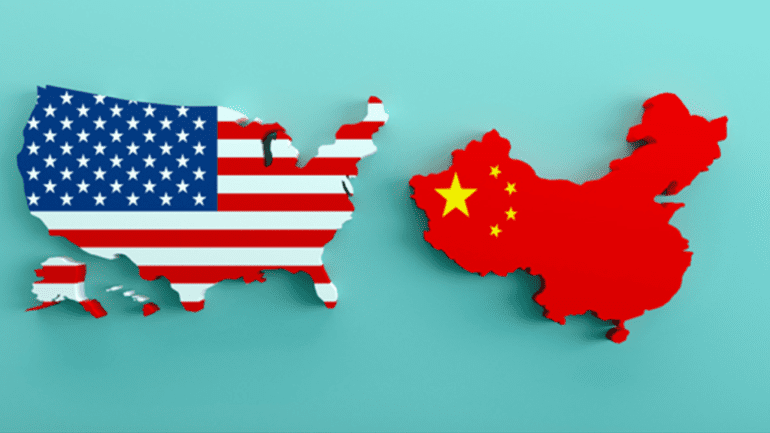TL;DR:
- The US abruptly halts export of advanced AI chips to China, impacting Nvidia.
- The timeline for restrictions moved up unexpectedly, effective immediately.
- Part of the Biden administration’s efforts to restrict high-end AI chip sales to China, Iran, and Russia.
- Nvidia remains confident in its ability to withstand the impact on its financial results.
- Restrictions target AI chips initially designed for the Chinese market.
- Ongoing technology dispute escalates between the US and China.
- China criticizes the move as against market principles and fair competition.
- Effort seen as closing loopholes in previous chip control measures.
- Nvidia’s AI chip demand propels its share price to remarkable heights.
- Nvidia joins the trillion-dollar valuation club with tech giants.
Main AI News:
In a recent development, the United States has taken swift action, ordering a sudden halt to the export of advanced artificial intelligence chips to China. This directive, delivered to tech giant Nvidia, has accelerated the timeline with immediate effect, catching many by surprise. Originally slated to be introduced 30 days from October 17, the move was part of President Joe Biden’s administration’s measures aimed at curtailing countries like China, Iran, and Russia from acquiring high-end AI chips, including those designed by Nvidia.
The reasons behind this expedited timeline have not been disclosed by Nvidia. Nevertheless, the company, in its statement to the US Securities and Exchange Commission (SEC), expressed confidence in its ability to weather this storm. It asserted that despite the sudden imposition of licensing requirements, the high global demand for its products is expected to mitigate any near-term adverse effects on its financial performance.
These new restrictions specifically target the export of Nvidia’s cutting-edge AI chips, which were originally designed for the Chinese market to comply with earlier export regulations. The acceleration of these restrictions represents the latest development in an ongoing technology dispute between the United States and China, a situation that continues to evolve.
As for China’s response, the nation has yet to issue an official statement regarding Nvidia’s announcement. However, when the Biden administration initially unveiled its decision to impose new restrictions on advanced chip exports, Chinese authorities pushed back. The country’s foreign ministry criticized the move, asserting that it “violates the principles of the market economy and fair competition.” This reaction underscores the tension between the two economic giants.
This latest action can be seen as an attempt to close any perceived loopholes that emerged after the initial wave of chip controls introduced last October. During that time, the United States stated that the measures were necessary to prevent China from acquiring cutting-edge technologies that could bolster its military capabilities, particularly in the realm of artificial intelligence.
Nvidia’s AI chips have experienced a skyrocketing demand, driving its share price to more than triple its previous value. This remarkable growth has positioned the company among the most valuable in the world. In May, Nvidia joined the ranks of technology giants such as Apple, Amazon, Alphabet, and Microsoft, boasting a stock market valuation exceeding $1 trillion (£822 billion).
Conclusion:
The immediate halt in AI chip exports to China by the US, affecting Nvidia, underscores the escalating tensions in the global technology market. This move disrupts the supply chain and adds uncertainty, potentially impacting Nvidia’s growth trajectory and the broader semiconductor industry. Market players should closely monitor how this situation unfolds, as it may have implications for international tech collaborations and investments.

